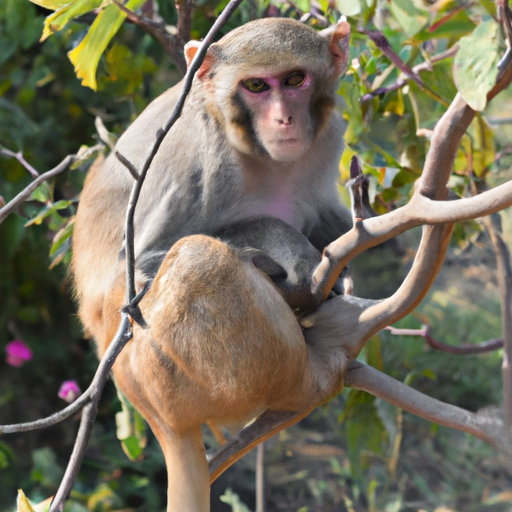 Introduction:
Introduction:
Animals have long been an integral part of human society, playing a crucial role in our existence and shaping our relationship with the natural world. From being our companions to serving as sources of sustenance and even contributing to scientific advancements, animals hold immense importance in our lives. This article aims to provide a comprehensive and detailed examination of why animals are vital to humans, exploring their significance across various dimensions.
1. Emotional Well-being:
Animals, especially pets, offer unconditional love, companionship, and emotional support. They help alleviate loneliness, reduce stress, and combat anxiety and depression. Interacting with animals has been linked to the release of endorphins and oxytocin, promoting positive mental health and emotional well-being. The bond between humans and animals provides comfort, empathy, and a sense of purpose.
2. Health and Therapy:
Animals contribute significantly to human health in various ways. Animal-assisted therapy has proven effective in treating physical, mental, and emotional disorders. Studies have shown that spending time with animals can reduce blood pressure, heart rate, and cholesterol levels. Furthermore, pets have been associated with a lower risk of allergies and asthma in children, developing stronger immune systems.
3. Agriculture and Food Security:
Animals have been domesticated for thousands of years, providing us with essential resources for survival. Livestock, such as cows, pigs, and chickens, supply us with meat, dairy products, and eggs. Additionally, animals play a vital role in pollination, contributing to the growth of crops and maintaining biodiversity. Without animals, our food security and agricultural systems would be severely compromised.
4. Ecological Balance and Conservation:
Animals are integral to maintaining ecological balance and preserving biodiversity. Each species plays a unique role in the delicate web of life, contributing to ecosystem stability. For instance, predators control populations of prey species, preventing overgrazing and maintaining healthy ecosystems. Animals also aid in seed dispersal and pollination, enabling the growth of diverse plant species. Protecting and conserving animals is crucial for sustaining our planet’s delicate ecosystems.
5. Scientific Advancements:
Throughout history, animals have played a crucial role in scientific research. From medical breakthroughs to understanding behavior and genetics, animals have been instrumental in advancing scientific knowledge. Animal models have been used to study diseases, test medications, and develop life-saving treatments for both humans and animals themselves. Although ethical considerations are paramount, animal research continues to be an invaluable aspect of scientific progress.
6. Cultural and Spiritual Significance:
Animals hold immense cultural and spiritual significance across diverse societies. They feature prominently in art, folklore, mythology, and religious practices. Animals often symbolize different virtues, characteristics, and spiritual connections. Their representation in cultural narratives helps foster a sense of identity and connection to nature, reminding us of our profound interdependence with the animal kingdom.
7. Education and Learning:
Interacting with animals facilitates experiential learning and enhances educational experiences. Children who grow up with pets develop empathy, responsibility, and social skills. Farm animals provide opportunities for agricultural education, teaching sustainable practices and promoting environmental awareness. Zoos and wildlife reserves educate the public about the importance of conservation and the need to protect endangered species.
Conclusion:
Animals have an irreplaceable role in our lives, contributing to our physical, emotional, and mental well-being. Their significance transcends boundaries, encompassing the realms of agriculture, ecological balance, scientific advancements, culture, and education. Recognizing and respecting the value of animals is crucial for creating a harmonious and sustainable future. As stewards of the Earth, it is our responsibility to protect and coexist with the diverse animal species that enrich our lives and shape the world we inhabit.
